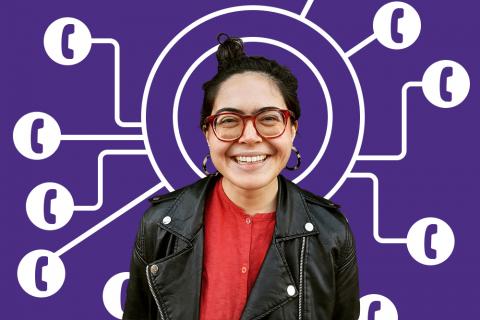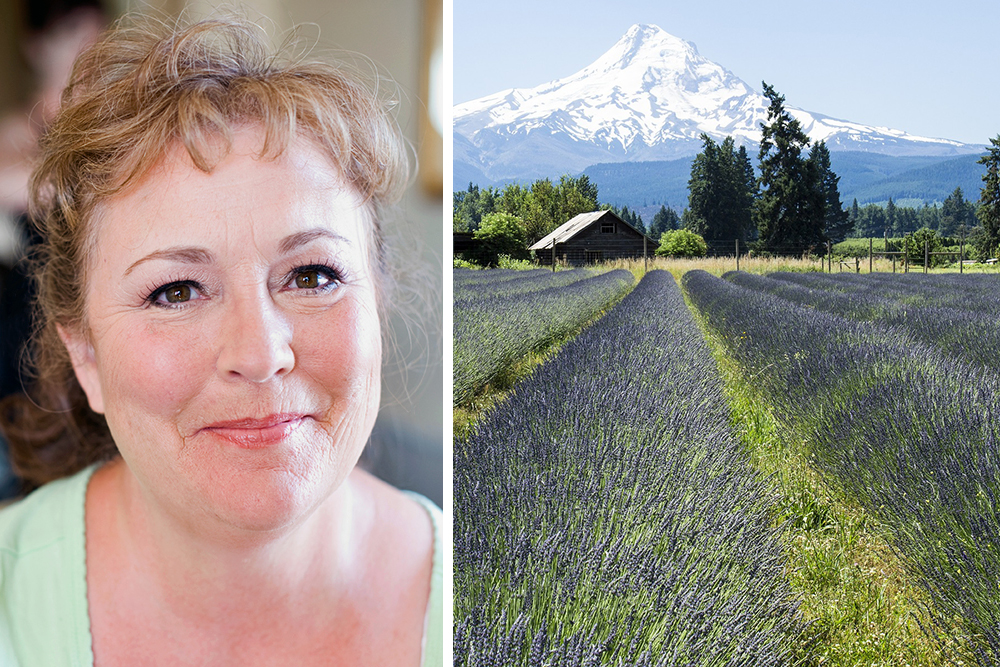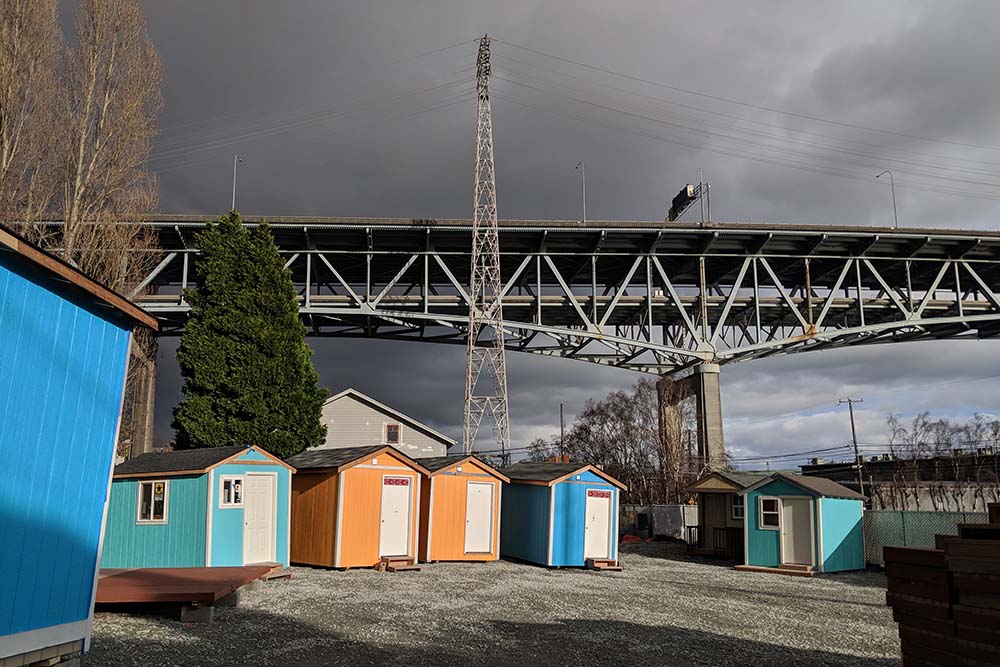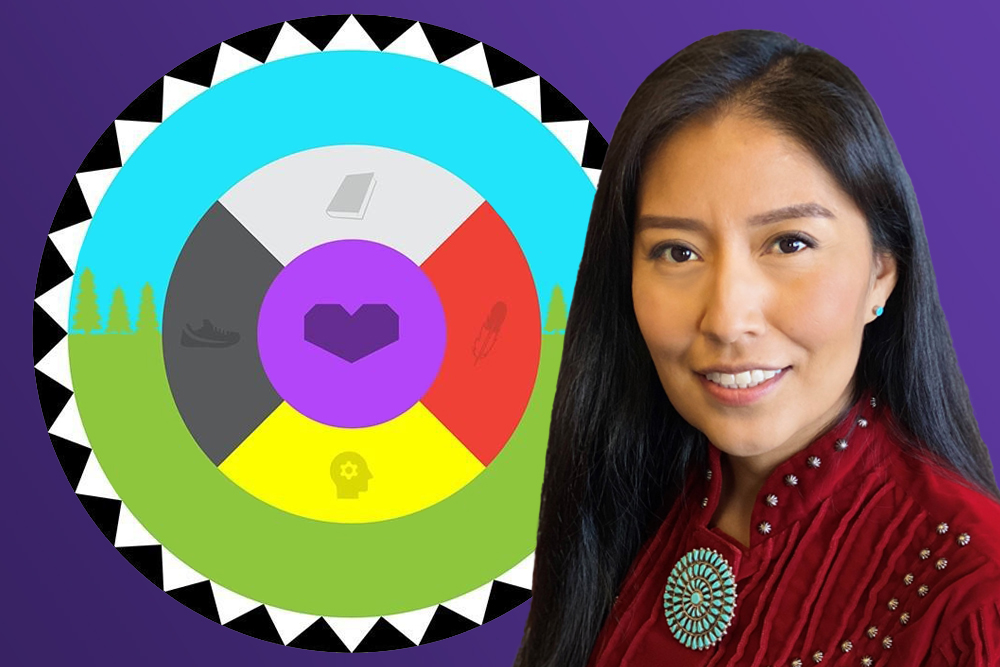
University of Washington School of Public Health student Evalynn Romano
Like all public health students, Evalynn Romano is having to navigate the new realities of her field during a worldwide pandemic, including adapting her student project to support the current health and wellness needs of her fellow Filipino community members in King County, Washington.
Romano is one recipient of the Northwest Center for Public Health Practice’s student stipend funding during the 2019–2020 school year. She is in the University of Washington’s Department of Global Health Master of Public Health (MPH) and Master of Social Work (MSW) programs. NWCPHP helps fund student projects in Washington, Alaska, Oregon, and Idaho.
“It feels meaningful to be a researcher who looks like and is part of the community being impacted by my project,” Romano said. “As someone who is part of the community, I feel like this can be really important to public health.”
Originally, her project would help assess the needs of and access to services for the Filipino and Filipino American community in King County through health and wellness surveys and in-person focus groups.
Then, COVID-19 spread throughout the region and country. Romano contacted her partners at various Filipino organizations throughout King County to look at alternatives to meet their current response needs with the novel coronavirus. “While the project in its original form was not going to be possible, I thought it would be valuable to focus our efforts on how we can best support our community during the pandemic,” Romano said.
A collaborative effort between eight local organizations led to a plan to assist Filipino seniors through the International Drop-In Center (IDIC). Together, the partners developed the “Kumusta Kayo?” (“How Are You?”) Telephone Tree, where volunteers would call senior IDIC clients on a weekly basis to assess their needs and check on them. The IDIC was able to identify about 100 seniors who were isolated or had become more isolated because of the pandemic. Romano and her partners recruited volunteers in the community who speak different Filipino languages, and they began making calls in mid-April to seniors. Their questions focused on food and medication access, housing, and social isolation.
During the first few weeks of calls, seniors were reporting increased food insecurity and a need for assistance. At this same time, the IDIC was developing a plan to deliver meals and groceries. Since deliveries began to about 150 seniors, some of whom are part of the telephone tree, reports of food insecurity have gone down. “Being able to provide that feedback for IDIC was a great way for their services and my project to align,” Romano said. “That feedback is continuing.”
Now, Romano and her project partners, who have now formed an advisory board, are looking at adapting questions for the calls, as well as whether the calls should transition to bi-weekly. Input from volunteers, as well as seniors, will be incorporated into the changes.
Romano stressed that community voices and input have been brought into every aspect of the project, even before the pandemic, from design to implementation to feedback.
Romano also credits the stipend from NWCPHP for making the project possible. The stipend allowed her to have the time to focus on grant writing, which has earned the project and its partners another $40,000. “I am not sure I would have been able to do this project without NWCPHP funds,” Romano said.
The project has allowed the IDIC and community partners to establish guidelines, a database, and ways to support community members during future epidemics. It provided a better understanding of the perspectives and needs of IDIC’s clients during a time of social isolation. It will also help assist project partners like the IDIC in continuing support through the current crisis. Romano noted that the IDIC doesn’t plan to reopen its center or in-person services until King County is in Phase 4, a full reopen.
“I’ll be preparing a report for the IDIC to use moving forward,” Romano said. “Our impact and ability to support our community will live on after this project.”
NWCPHP funding is now available for students completing public health projects during summer 2020 and the 2020–21 school year. Learn more about the application process and deadlines and read more about funded projects from past years.
The Northwest Center for Public Health Practice at the University of Washington School of Public Health is one of ten regional Public Health Training Centers funded by the Health Resources and Services Administration.


